Parks Canada, Mi'kmaq sign agreement to co-govern new P.E.I. park reserve
Following nearly 20 years of negotiations, the Mi'kmaq of P.E.I. and Parks Canada signed an agreement Thursday for co-governance of Pituamkek National Park Reserve, a chain of islands off the province's North Shore.
Pituamkek was first proposed by Mi'kmaw community leaders in 2005. There has been a lot of back and forth since then.
Tracey Cutcliffe, a senior negotiator for L'Nuey, a group representing the Mi'kmaq of P.E.I., said it took some time to bring Parks Canada around to the idea.
"It took a lot of effort and energy on behalf of the communities for the leadership to keep this project top of mind with the federal government and with Parks Canada," Cutcliffe said.
"Since the feasibility study was announced in 2019, the negotiations have been collaborative and that's when I would say it moved from tough to easy, because it really has been a partnership at that negotiation table."
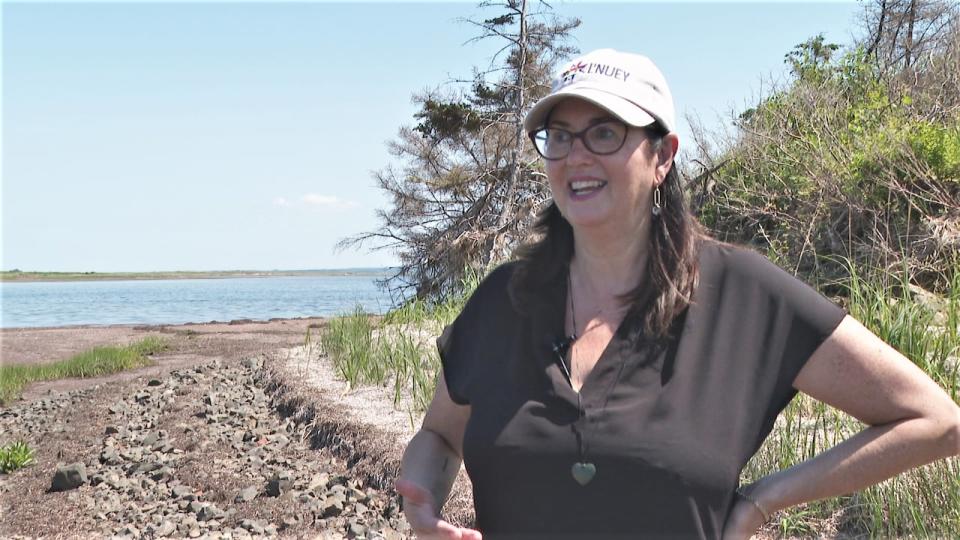
The park reserve is a chain of islands starting at the mouth of Malpeque Bay and stretching west to the shore near Alberton.
Retaining control of the land through a partnership with Parks Canada was central to the Mi'kmaq plan, and that was cemented in the agreement signed Thursday.
The islands include features of natural interest, such as the only formation of igneous rock on P.E.I. It is ecologically important because there has been little human activity on the islands in recent centuries.
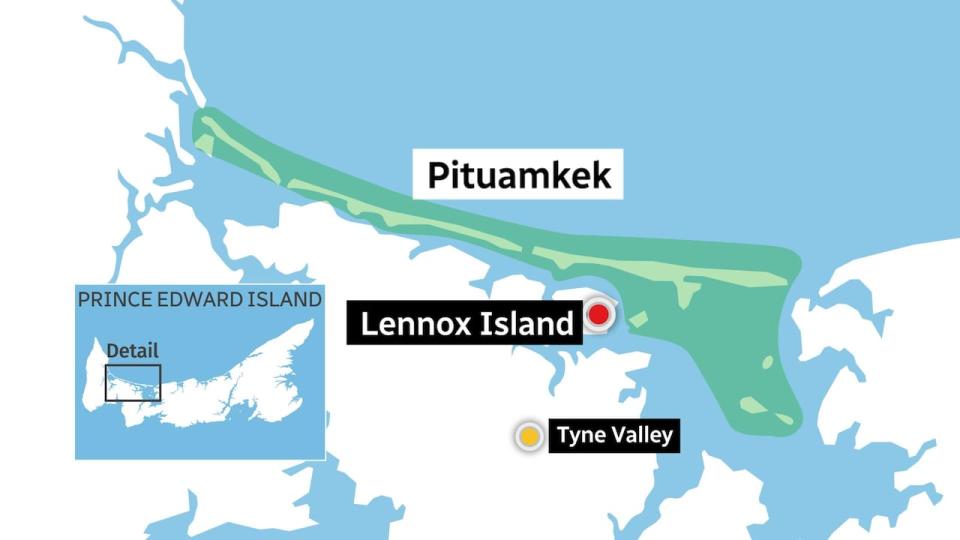
There are also sites of archeological interest on the islands dating back as far as 2,000 B.C.
"The archeological work that's been done here has helped us to really get a better and increasingly detailed picture of what the lives of the Mi'kmaq families that lived here was like," said Jesse Francis, Parks Canada's implementation manager for Pituamkek National Park Reserve.
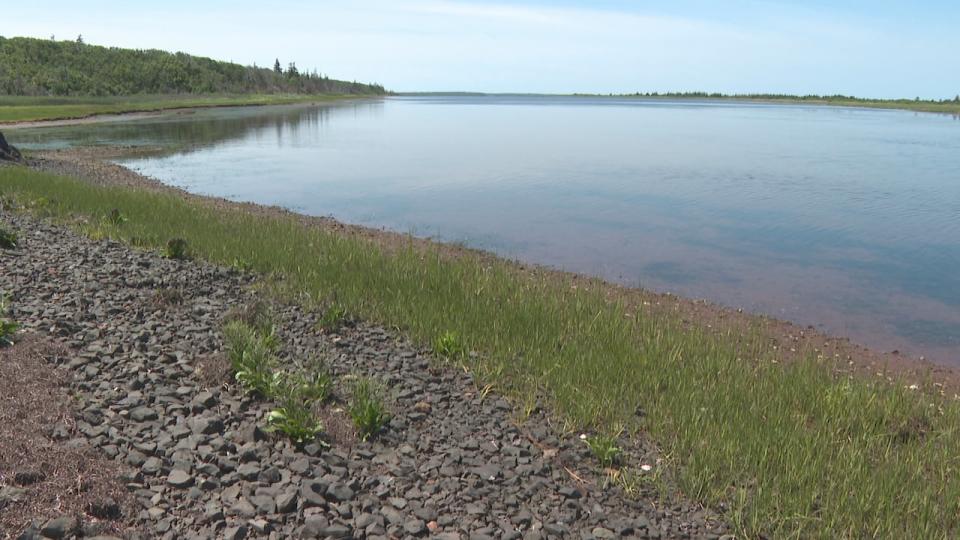
"We know they were here year-round, we know the marine resources of [Malpeque] Bay was really important to them."
Shell middens investigated by archaeologists have found traces of oyster, crabs, seal and walrus.
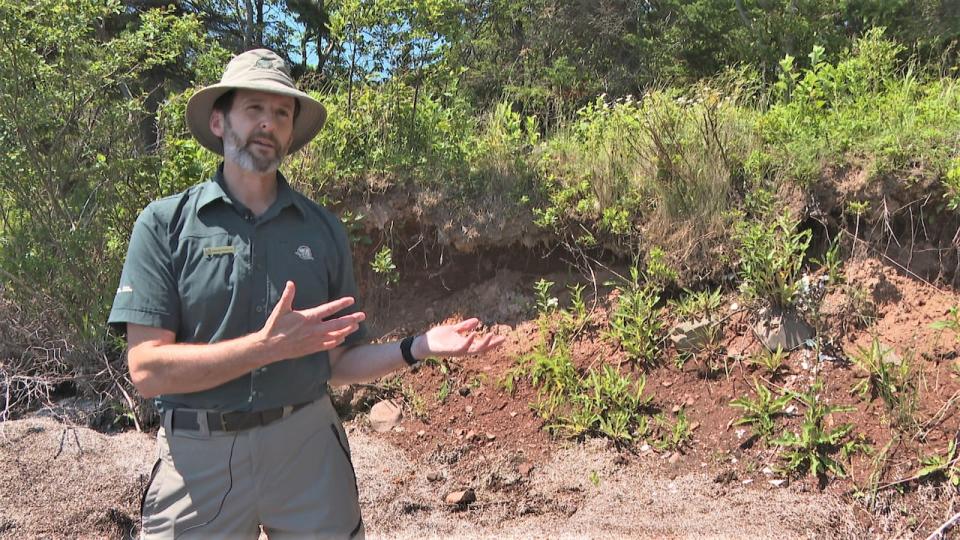
The park reserve has come together with the help of other partners, Francis said, including the Island Nature Trust and Nature Conservancy Canada.
"Both culturally and ecologically all the partners — the Mi'kmaq, Parks Canada as well as the other partners in conservation — have recognized how special Pituamkek is. It's been called one of the biological and natural highlights of eastern Canada," Francis said.
"There's so many aspects of national importance, importance for Islanders and all Canadians."
Cutcliffe hopes that Pituamkek can serve as a model for preserving other sites of Indigenous importance across Canada.
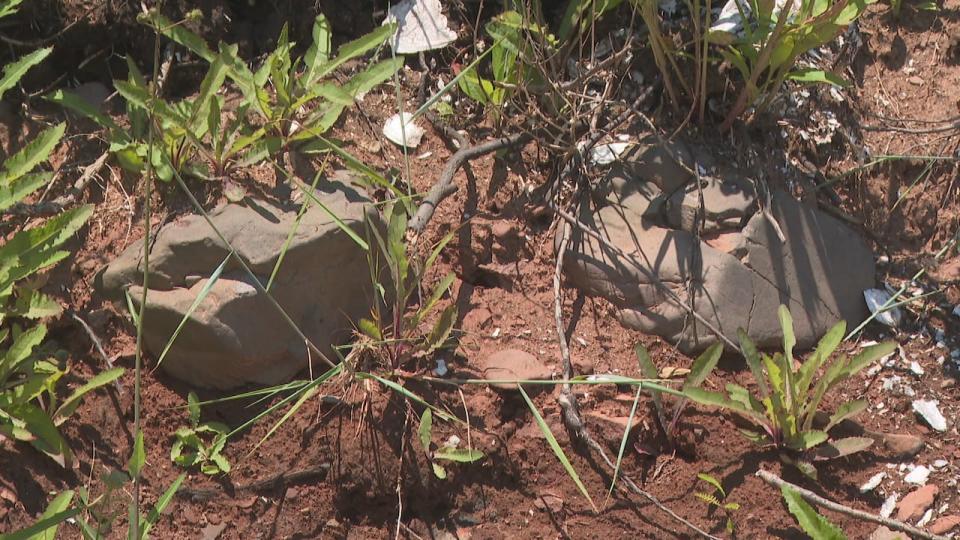
"Ensuring that the respect at negotiations tables is very much a nation-to-nation and government-to-government process can lead to some really special outcomes," she said.
She described the agreement signed Thursday as a tangible step toward regaining the self-governance that the Mi'kmaq had on the island chain before European contact.


